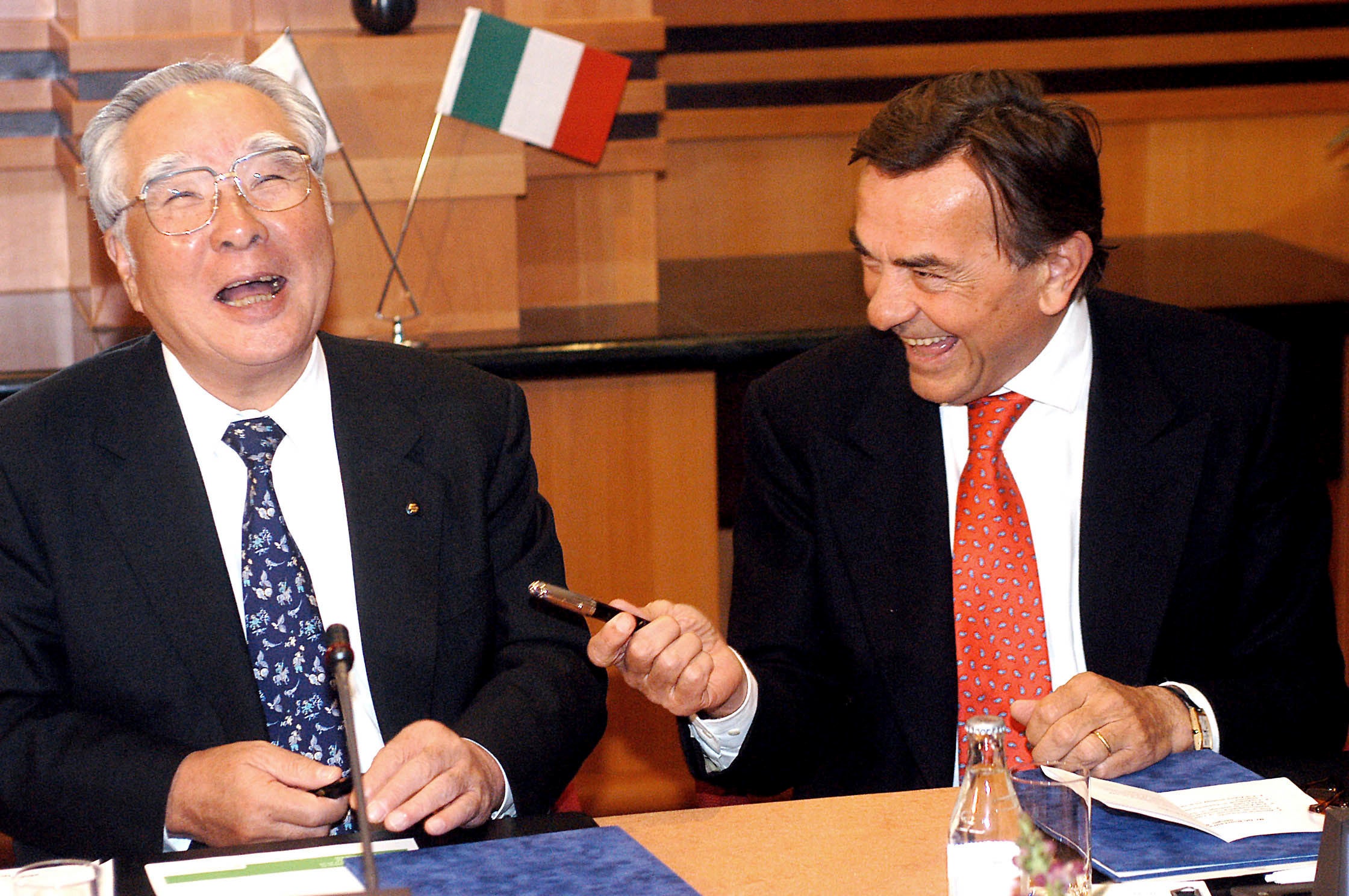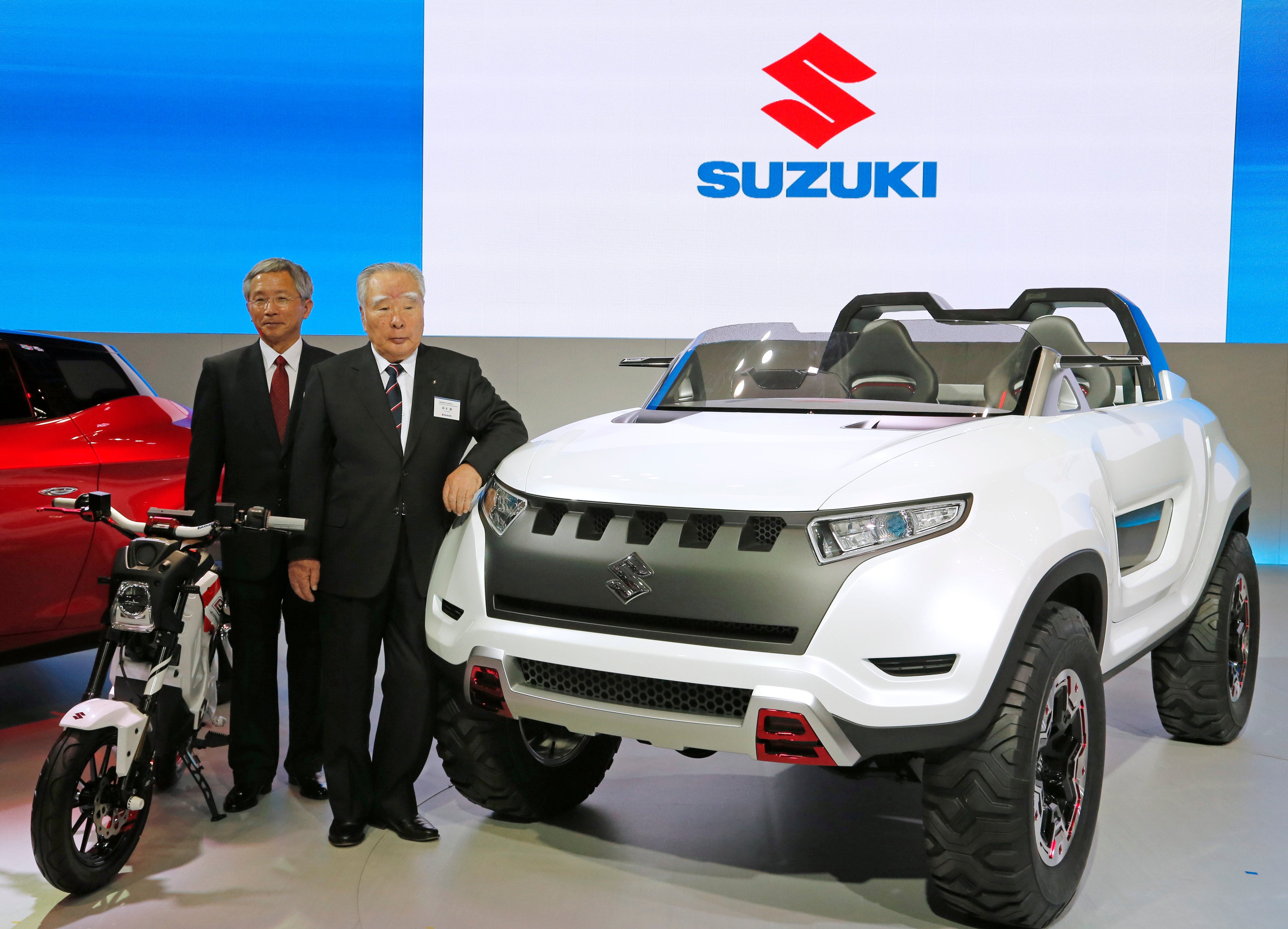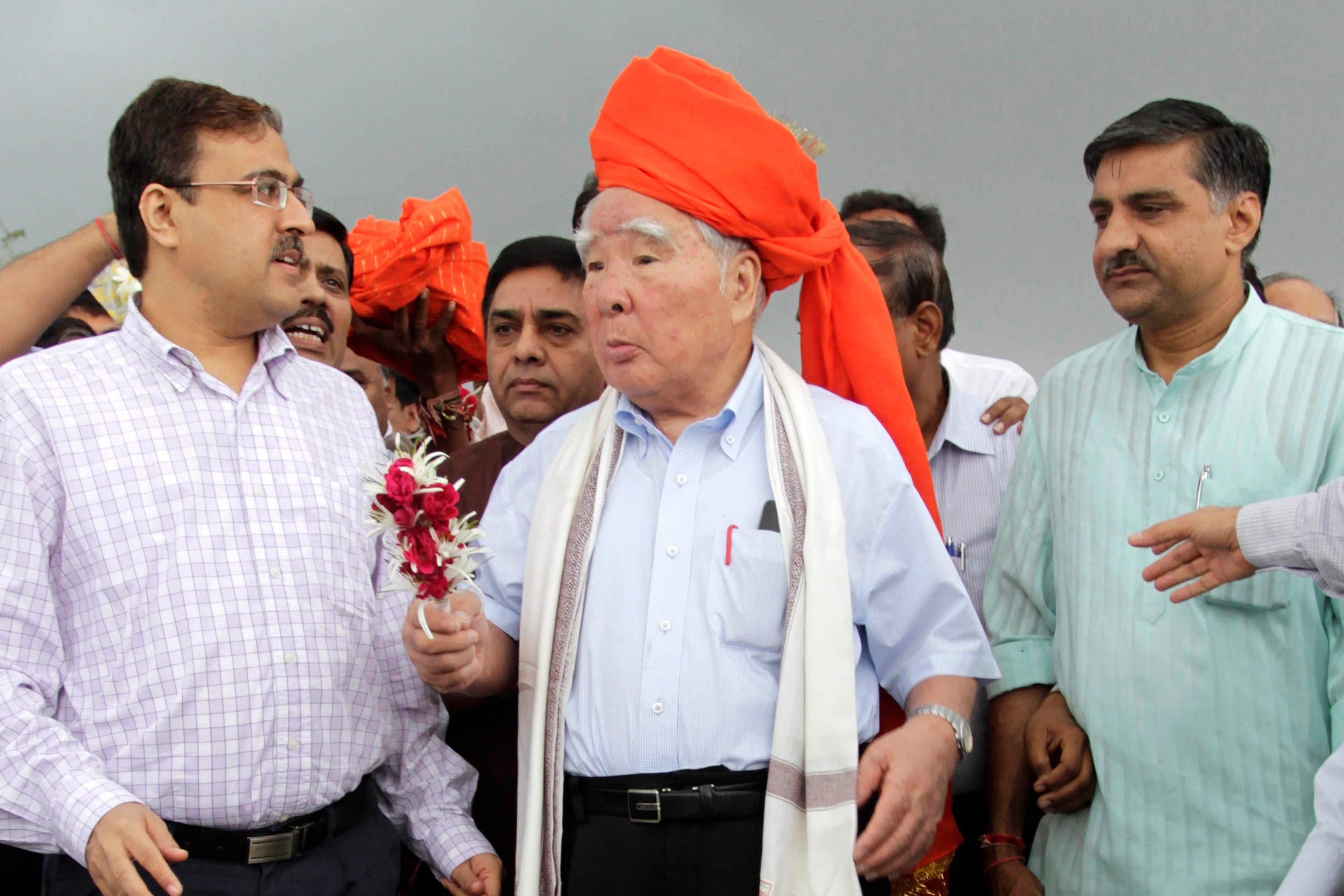
Osamu Suzuki, the legendary businessman who turned Suzuki Motor Corporation into a global force, has died at the age of 94.
The company announced his death on Christmas Day, attributing it to lymphoma.
Suzuki, who led the company for over four decades, was known for his frugality and ambition. He famously drove the company’s expansion beyond its initial focus on inexpensive 660cc minivehicles, originally designed for the Japanese market and benefiting from generous tax breaks.
His leadership philosophy was rooted in cutting costs wherever possible, including ordering factory ceilings to be lowered to cut air-conditioning expenses and flying economy class even in his later years.
"Forever” or "until the day I die" were Suzuki’s signature humorous replies when questioned about his tenure at Suzuki, which he tightly controlled well into his 70s and 80s.

Born Osamu Matsuda, Suzuki adopted his wife’s family name, a common practice in Japan when a male heir is absent.
After joining Suzuki Motor Corporation in 1958, he worked his way up the ranks, becoming its head two decades later.
His most significant early contribution was rescuing Suzuki Motor in the 1970s when he brokered a deal with Toyota for engines that would meet new emissions standards. Suzuki’s boldness continued to pay off as he oversaw the launch of the Alto minivehicle in 1979, a success that led to Suzuki’s partnership with General Motors in 1981.

In the 1980s, Suzuki took a monumental risk by investing a year’s worth of earnings into establishing a presence in India, a country with a minimal automotive market at the time.
His goal was to build a national carmaker and, as he later explained, to be “number one somewhere in the world”. India’s car market then was tiny, with fewer than 40,000 vehicles sold annually, and was dominated by British models.
After the Indian government nationalised Maruti in the 1970s, the company had difficulty finding a foreign partner. Negotiations with Renault faltered, and brands like Fiat and Subaru rejected Maruti’s proposals.
A chance encounter with a newspaper article about Maruti’s deal with Japanese competitor Daihatsu led to a meeting with Suzuki Motor, resulting in a partnership. The first car, the Maruti 800, launched in 1983, was an instant hit, and today Maruti Suzuki holds around 40 per cent of India’s car market.

Suzuki’s influence extended to corporate culture in India, where he promoted equality by introducing open plan offices, shared canteens, and uniforms for both executives and factory workers.
Not all of Suzuki’s ventures were without trouble, however. In 2009, he negotiated a deal with Volkswagen, but the partnership soured due to disagreements over control and acquisitions.
The conflict culminated in an international arbitration case and Suzuki eventually bought back Volkswagen’s 19.9 per cent stake.
In 2016, Suzuki handed over the CEO role to his son, Toshihiro Suzuki, but remained chairman until 2021 to advise the company.
Additional reporting by agencies.







